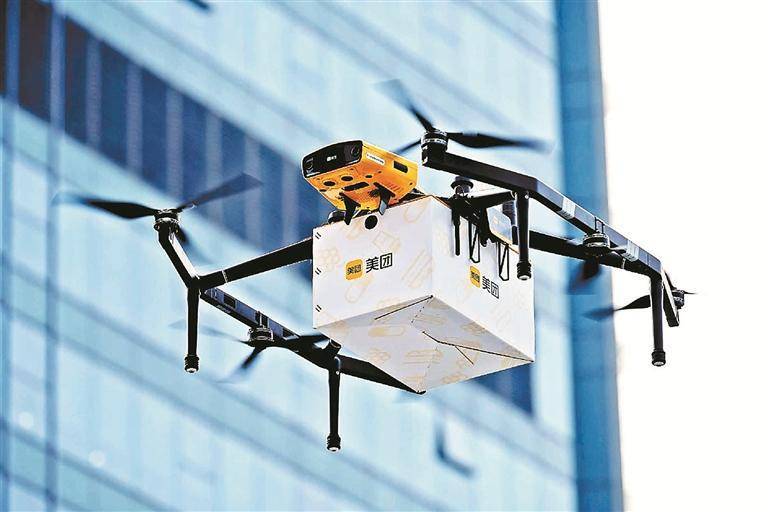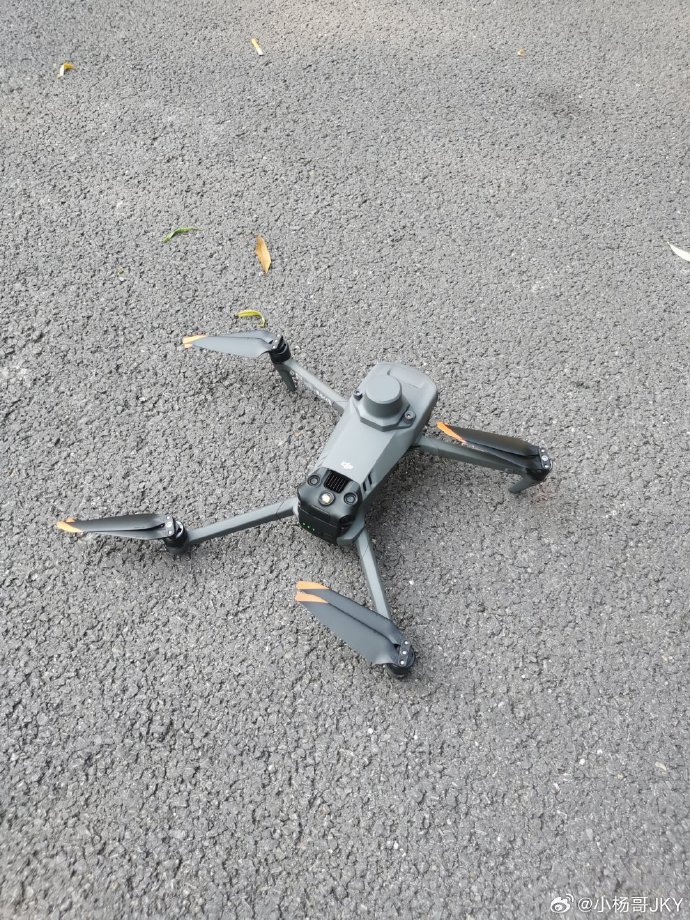The discourse surrounding the ban of DJI drones has gained notable traction over recent years, becoming a topic of significant debate among regulatory agencies, drone enthusiasts, and security experts alike. This discussion primarily arises due to concerns over national security, privacy implications, and DJI’s market dominance, which impacts both consumer choices and industry competition.
National Security Concerns
One of the major driving forces behind the push to ban DJI drones stems from national security concerns. Many countries, particularly those with tense relations with China, have expressed unease regarding DJI’s data handling practices. Analysts worry that the data collected by drones, especially those used by governmental and industrial entities, might be accessible to foreign powers. This fear is exacerbated by the fact that DJI, a Chinese-based company, adheres to Chinese data sharing laws which could potentially mandate access to collected data by governmental authorities.
Privacy Implications

Alongside national security, personal privacy is another significant concern for those advocating for restrictions on DJI drones. These devices often have advanced cameras and sensors capable of recording high-resolution images and videos. While beneficial for creative filming and mapping, such capabilities also pose risks for individuals and organizations worried about unauthorized surveillance. In several instances, drones operated by third parties have captured footage without consent, leading to calls for stricter regulations or outright bans on certain drone models.
Market Dominance and Competition
Another driving factor behind the ban movement is DJI’s overwhelming market dominance. As the leading drone manufacturer, DJI’s significant hold on the market can stifle competition, limiting innovation and choices for consumers. By banning or imposing restrictions on DJI, some argue that it would give an opportunity for other players in the industry to emerge and thrive, potentially leading to more diverse and competitive market dynamics.
Potential Impact on Innovation
This market dominance is double-edged—while DJI’s resources enable rapid advancements, it may also suppress small startups unable to compete with DJI’s scale and pricing.
Regulatory Actions and Reactions
Globally, several countries have taken different stances on DJI drones based on these concerns. Some have entirely banned DJI drones from governmental use; others restrict specific models or usage cases. The United States Department of Defense, for instance, decided to discontinue the use of DJI drones for military applications, citing potential cybersecurity threats. Meanwhile, other regions are pushing to create alternative policies to better regulate and monitor the use of DJI drones, balancing innovation with security and privacy concerns.
DJI’s Response
In light of increasing scrutiny, DJI has made strides to assure consumers and governments of its commitment to data security and privacy. Measures such as establishing data protection protocols, advocating for transparency, and developing local data storage have been introduced. Despite these efforts, skepticism remains among officials wary of potential loopholes or future risks.
Future Prospects
As technology continues to evolve, the debate surrounding DJI drones’ role in society is likely to persist. The growing emphasis on protecting national security and individual privacy means that regulatory bodies will continually reevaluate their stance on drone laws. At the same time, DJI and its competitors will need to adapt to shifting policies to maintain their place in the market.
FAQs
- Why are some governments banning DJI drones? Many governments are concerned about national security risks associated with foreign data handling practices and potential vulnerabilities in data privacy.
- Do DJI drones still have market dominance?
 Yes, DJI remains a predominant player in the drone market, though increased regulations and bans could affect its dominance over time.
Yes, DJI remains a predominant player in the drone market, though increased regulations and bans could affect its dominance over time. - How is DJI addressing privacy and security concerns? DJI is implementing data protection measures, highlighting transparency in its data management, and aiming to store data locally to mitigate concerns.